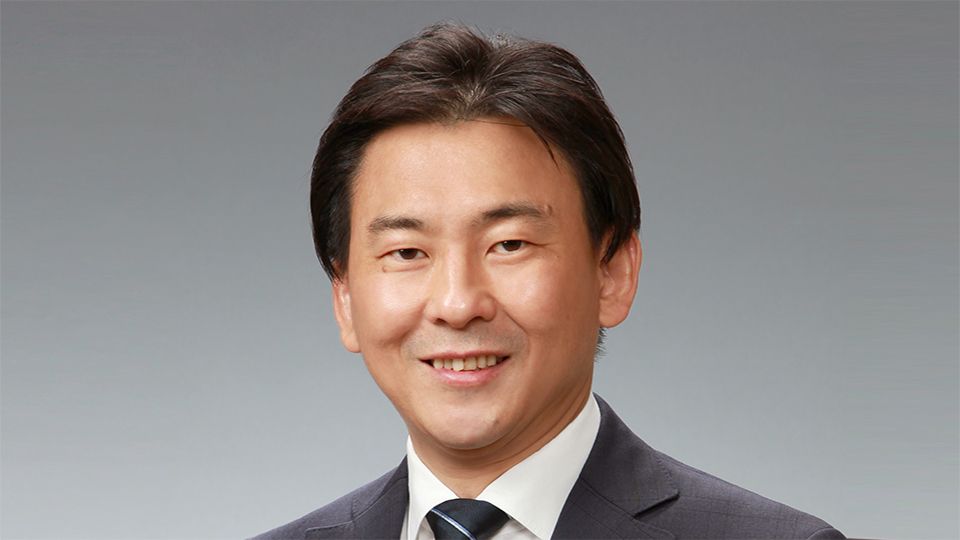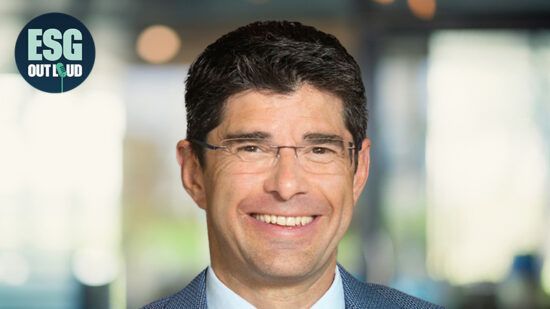Tomohiro Ikawa, head of engagement in Japan at Fidelity International, explains how the team is applying the firm’s sustainable commitments in the region, discusses a success story from the fund and reveals areas of focus going into 2024.
Fidelity have just released its approach to four sustainable commitments for 2024. These are nature loss, climate change, strong and effective governance, and social disparities. How are these themes being applied in the region?
We have an on-the-ground team of experts based in Japan, ensuring we have a thorough understanding of Japan’s regional characteristics and ESG issues. We have leveraged our local expertise, alongside our wider global research team, to protect client assets by being among the first to encourage Japanese companies to address important global social issues, such as gender diversity, climate change, and deforestation, through dialogue and the exercising of voting rights.
For example, this year we introduced voting guidelines for companies with high deforestation exposure to oppose the election of directors if their efforts are insufficient.
Japan has been in the spotlight of corporate governance for some time. Reports earlier this month revealed that Japan has soared up the ranking in APAC for corporate governance. What is the region doing – compared to Hong Kong, for example, that slid down the rankings – that is improving its corporate governance?
The government has focused its efforts over the past few years on protecting general shareholders, including the ‘Action Guidelines for Corporate Takeovers’ and the Governance Guidelines for Listed Subsidiaries.
The most decisive of these efforts was the announcement by the Tokyo Stock Exchange (TSE) in March 2023 regarding measures to improve capital efficiency. The TSE issued a formal statement that half of listed companies are failing to create corporate value, that is, trading below book value, and urged them to develop and publicise remedial measures to improve their performance.
What is your outlook for sustainable investment in 2024?
2024 is expected to be a big year for sustainable investing opportunities in Japan. The revamped NISA programme (Japan’s version of the UK ISA) is expected to increase individual equity investments. Although the number of tax-exempt ESG investment trusts is still small, it is expected to grow, and retail money is expected to flow into ESG investment trusts as well.
Also, Japan’s government plans to issue GX Economic Transition Bonds by around February 2024 and is poised to invest a total of 150 trn yen in public and private green-related investments over the next 10 years, with automobiles and renewable energy as the main targets.
Can you share some success stories from the fund?
We have been engaging with a Japanese beverage company on their deforestation and responsible procurement policy (or lack of). The company is one of the 350 companies included in Forest 500. Through sharing of best practices, we urged the company to tackle deforestation in its supply chain with urgency to avoid becoming the target of import bans and/or divestment.
As adopters of 2050 Net Zero targets, zero deforestation is not an option but critical to their net zero pathway which they are creating. The company was quick to follow up, releasing a deforestation and land change policy in March 2023 that spans their entire business globally and covering all core commodities, aligned with the best practice we had shared. They have targets on traceability, and plan to collaborate with suppliers to achieve this, which is exactly the intended ripple effect intended by targeting large manufacturing players with outreach.
Additionally, the company have also started their Carbon Disclosure Project Forest disclosure to show progress here.
Which new developments are you seeing on ESG in Japan? Are there any areas of focus area for you going into 2024?
In a rapidly changing environment where ESG-related issues are rapidly gaining prominence, companies and investors alike are under pressure to respond. The statement by the TSE on enhancing corporate value, which once again emphasises that the ultimate goal of listed companies is to enhance corporate value over the medium to long term, is a key factor that will enhance Japan’s capital markets.








